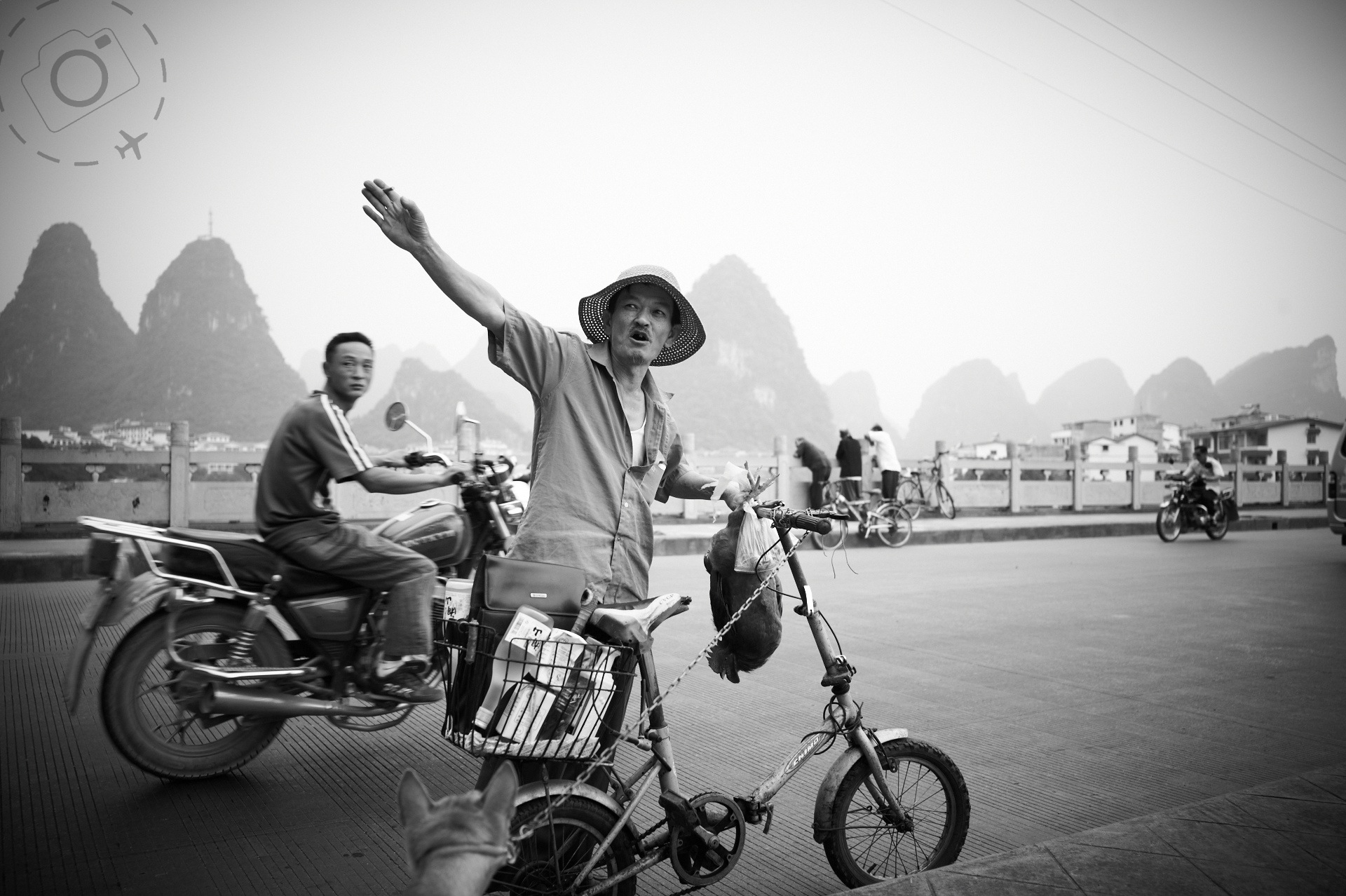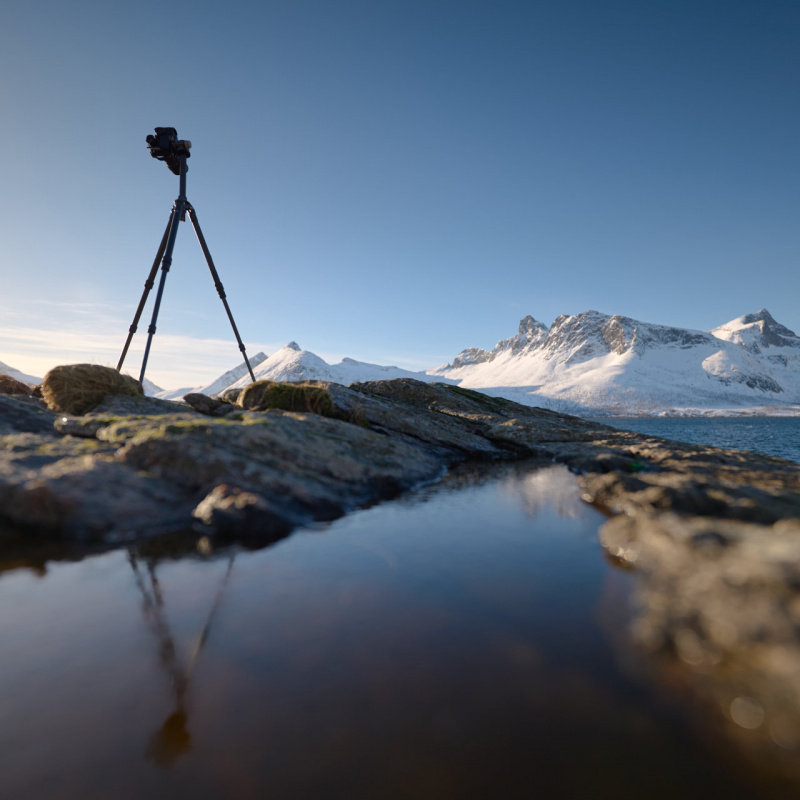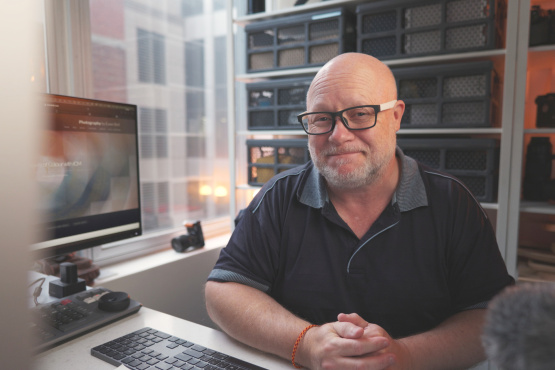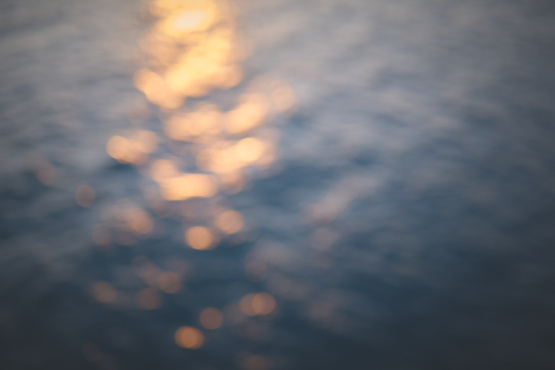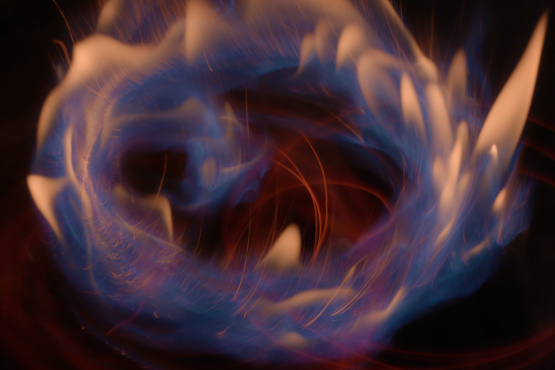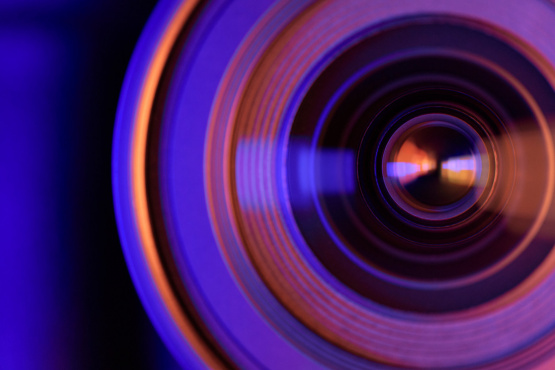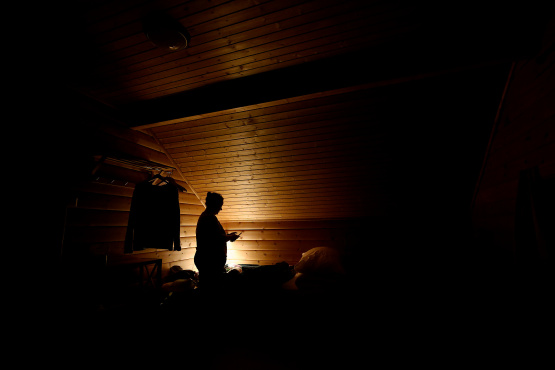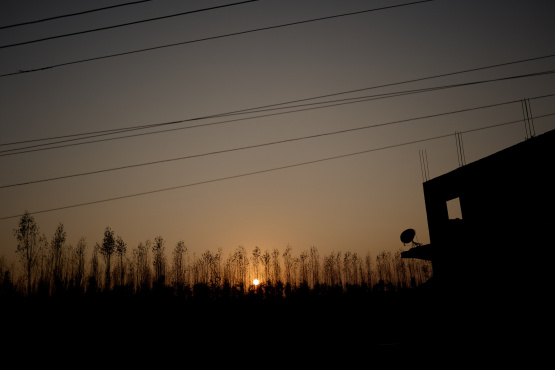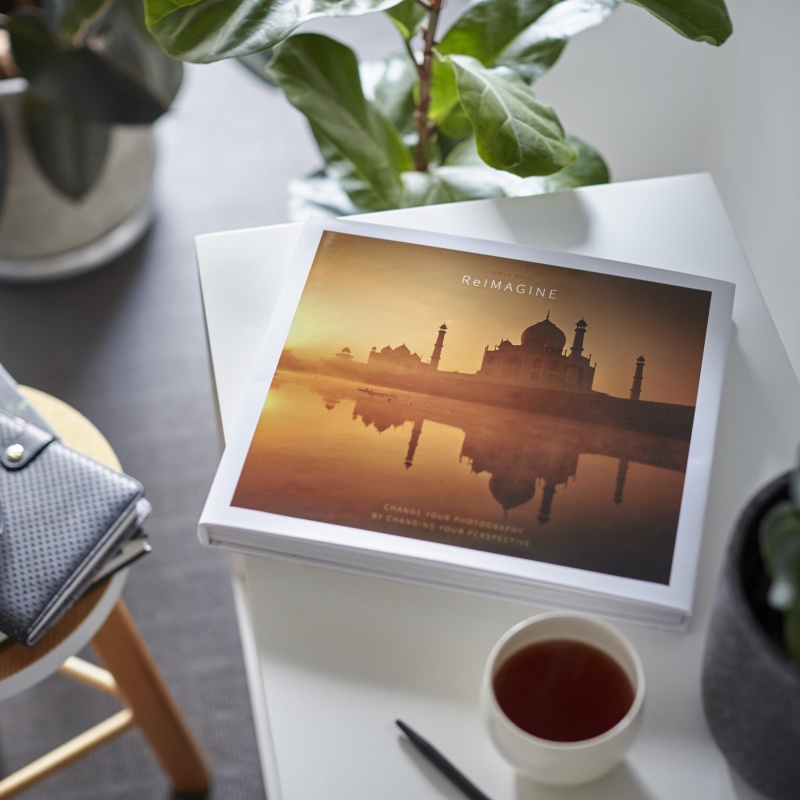Someone recently replied to a photo I posted on Twitter, comparing my photo to the work of Steve McCurry. It was intended as a compliment but I had to decline to accept. Steve takes nice photos, but he’s pretty much the last person in the world I want to be.
I believe that the photo should be more important than the photographer.
When I travel with camera in hand my objective to achieve something wonderful in the way of photography. I want to make a beautiful image, something more amazing than anything I have done before. It’s about the photograph. It’s about the act of creation. It’s not about me.
Lighted by the Guide
I’ve worked with a lot of guides over the past decade and a bit, and most of them have some stories to tell. I hear about the pressures that they face when a photographer wants to get a shot ‘at any cost’. I don’t mean money though, the cost is typically more personal in nature. Guides tell me about having to deal with angry rants, threats and abuse when things aren’t going according to script.
One told me in graphic detail about a young monk who was reduced to tears as a big-shot photographer ordered him to perform on demand. Sometimes we put the pursuit of a photo before all else. We get obsessed about the shot we want and forget about what it means to be a photographer. We equally put our desire for a photograph above the basic level of respect that we are obliged to offer to others.
The people you photograph should always be treated with more care than the photograph you are trying to capture.
Ironically, in this moment of selfishness it is not the photo that comes first. We are in fact putting ourselves first, because it is our own desire and self-importance that is taking priority.
It’s a rule of travel for me that “you don’t have to get every shot”. The more pressure you put on yourself to capture an image, the less you enjoy the experience and less the genuine the image becomes. Imagine if your goal is to photograph everything along a journey, you end up with a lot of half-baked images instead of a few truly great ones. Being able to let go of a photograph before it even exists is part of accepting a humble place within the world.
Great photos will happen again and again, you don’t have to fear that missing out on a shot means you have somehow been cheated of something valuable. There’s another great moment waiting for you, if you are patient and kind enough to let it happen.
Casting the Karsts
I had an experience in China about a decade ago when a traveller on my tour wanted a particular shot. His entire journey was an effort to collect images that would win him competitions when he got home. He didn’t want to know about China, didn’t want to learn about the culture or engage with the people we encounter along the way. All that mattered was how many points he can collect for competitions.
In Guilin he wanted me to setup a shot for him. He wanted cormorant fisherman dressed in ‘traditional’ clothing to be gathered at a location on dawn so he could photograph the karst hills, the river and the bamboo rafts with the cormorants. He wanted me to setup the shot for him.
This is not my trade. I teach people how to use photography as a creative tool, as a means of expressing themselves. I teach the art of capturing exposures based on your experience. This guy wanted a studio shoot and some extra points against his name. In reality, the merits of the photo itself was inconsequential beyond it’s capacity to boost his sense of self.
His work offered nothing in the way of art, only ego.
Cameras of Mass Distraction
We live in a world of mass culture, where scale invariably takes over and dominates every aspect of ‘mainstream’ life. We live in houses that resemble each other. We watch the same TV shows. We eat at the same chains. We buy brands we recognise because we saw them on TV.
To paraphrase someone on twitter last month, “Taco Bell sell more than burritos than anybody else, but that don’t mean they is the best Mexican food in town."
Photography can fall into mass culture as well. Personalities within photography sometimes bubble up to the surface and the person ends up being more important than their photos. Sometimes it’s because they are forging a new frontier and are simply a decade ahead of anybody else. Ansel Adams for example. Sometimes it’s because they are loud, self-obessive and excellent at promoting themselves.
I am always weary of the loudest person in the room, but it’s doubly disappointing in the world of photography. Ours is an art where the photo says a thousand words. I want to let the image do the talking for me.
Mass culture makes it harder to remain truthful to your own art. Or even your own Instagram feed. I recently uncovered some startling truths about people I know who bought thousands and thousands of Instagram followers in order to kick-start their photographic career. These were people who take really good photos, but it seems that wasn’t enough for them. Maybe they saw it as a good strategy, as a way to get into the game. Or maybe they are deeply dishonest and now I look at their photography as “product" instead of art.
Beauty Fades to Gold
Photography offers the potential for creating something truly special. An image can transcend time and gain new meaning as it ages. Images that I shot in China a decade ago are already starting to mature into something I had not envisaged at that time - they are frozen portraits of a culture that was changing rapidly before my eyes. The more China changes the more fascinating those images have become.
My images of China include a woman on the streets of Beijing selling baozi, the old ladies we paid $2 to carry luggage to the top of a hill in the rice terraces, and the faces of duck farmers at a market in Guilin as they smoke a hand rolled tobacco leaf. They are images of real moments and real people. I did not pay any actors to pose or negotiate what time of the morning to have a bamboo raft appear on site. Each photo has an intrinsic value that is independent of who took it.
Over time the images may seem lacking in some respects. My camera back then didn’t have as many pixels, didn’t offer the dynamic range of today, and my lenses were a little softer and slower. And yet as the technical merits of those images fade, the beauty contained within turns ever more golden.
In due time my own body will wither and fail. My light will stop shining and my name will fade into the ever faint echoes of history, if it indeed survives my own life at all. But the images I took will have a chance to live on and be valued. For the photo is far more important than the photographer.
As are the people we photograph.
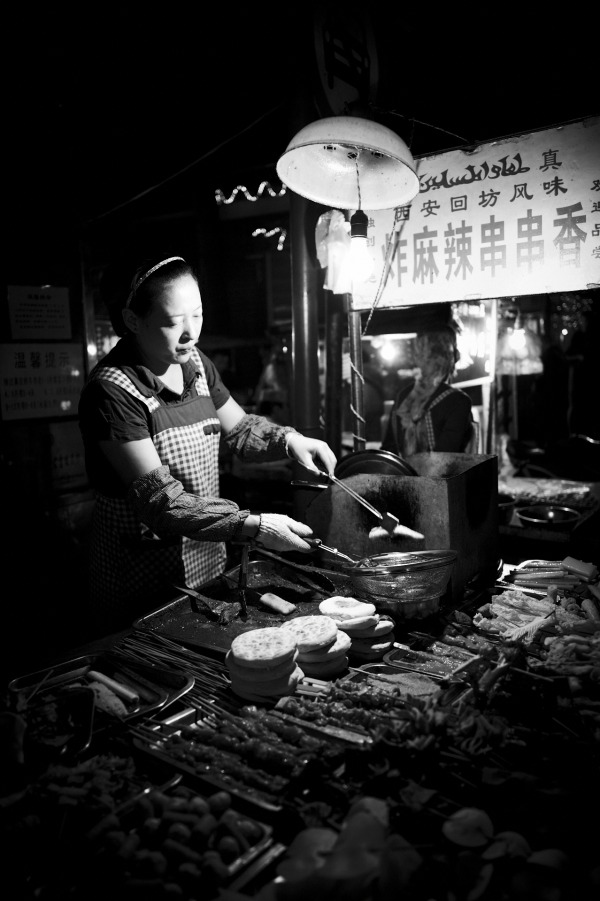

Keep Reading
Join Ewen's newsletter for monthly updates on new photography articles and tour offers...Subscribe Here

